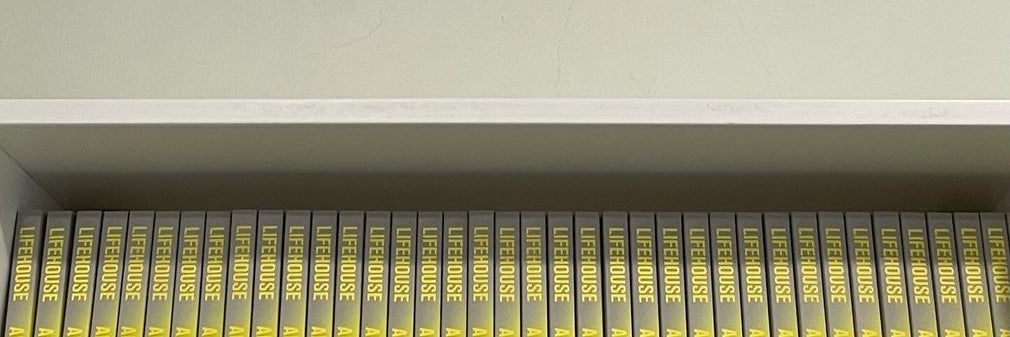


Endurance athlete, heavy-music fan, compulsive greeter of cats. My next book is “Lifehouse: Taking Care of Ourselves in A World on Fire,” coming from Verso mid-'24. #syndicateofinitiative
This profile is from a federated server and may be incomplete. Browse more on the original instance.